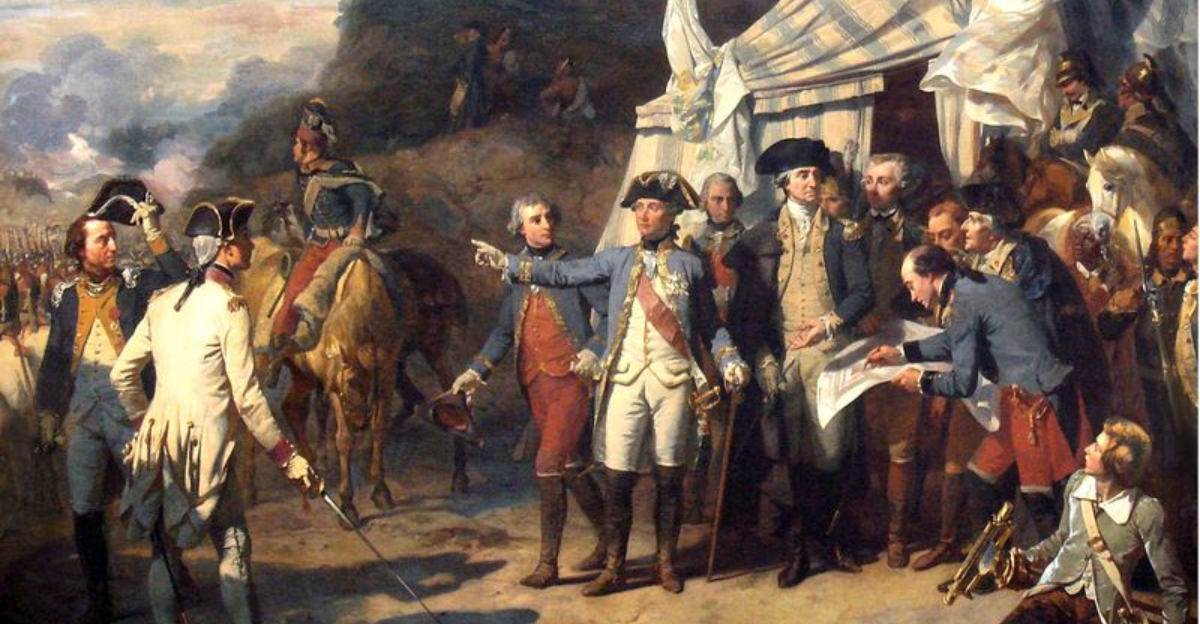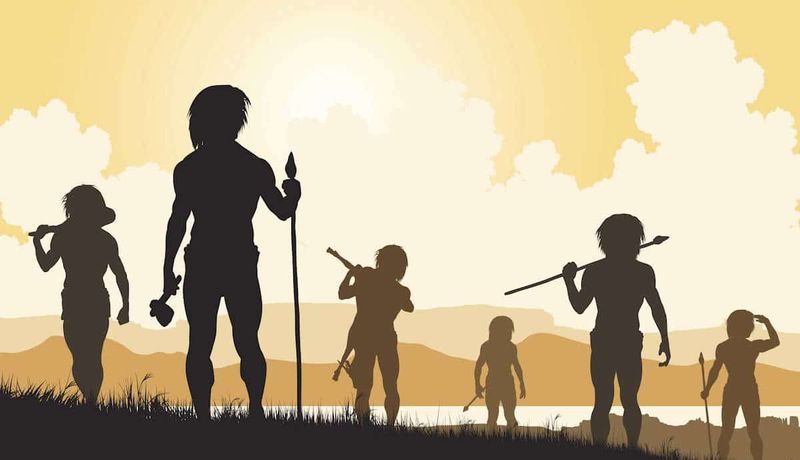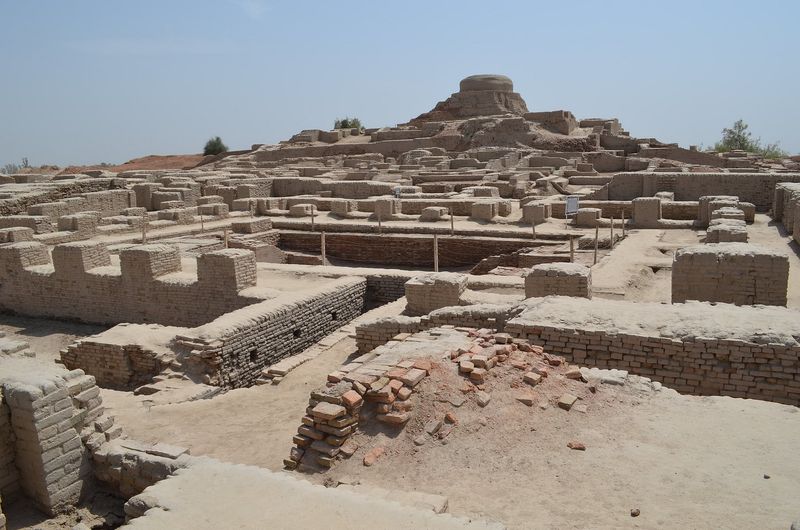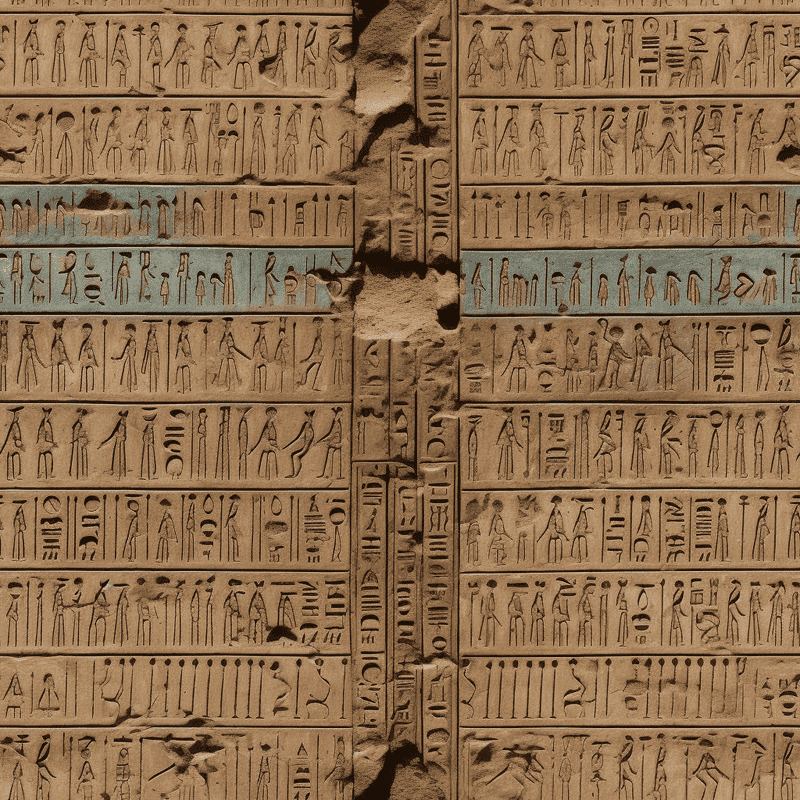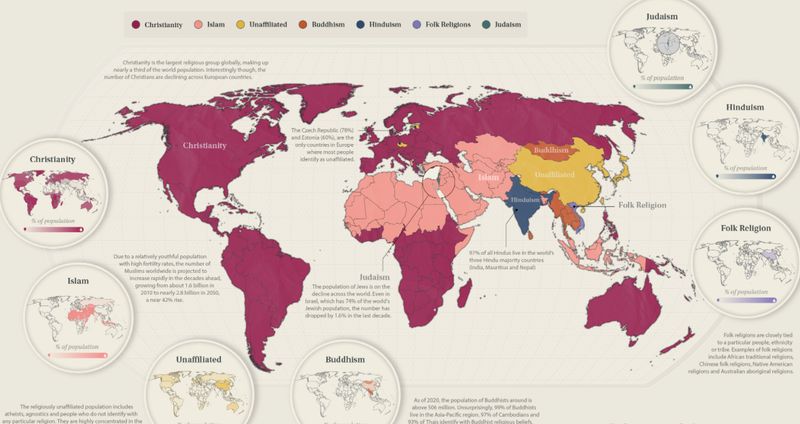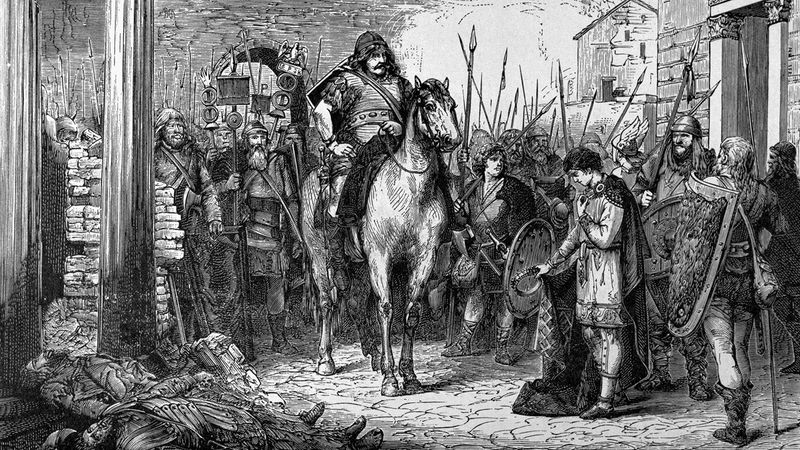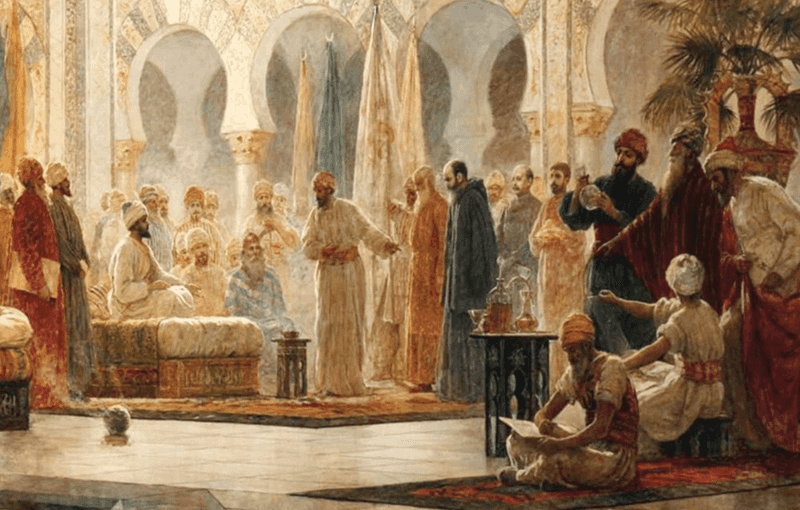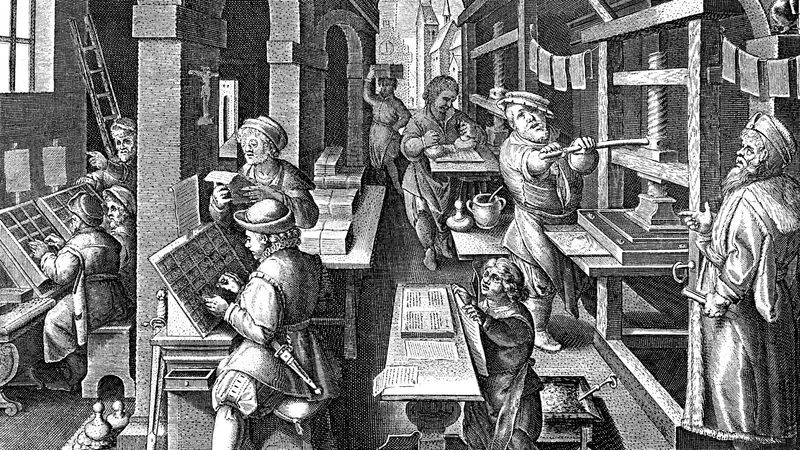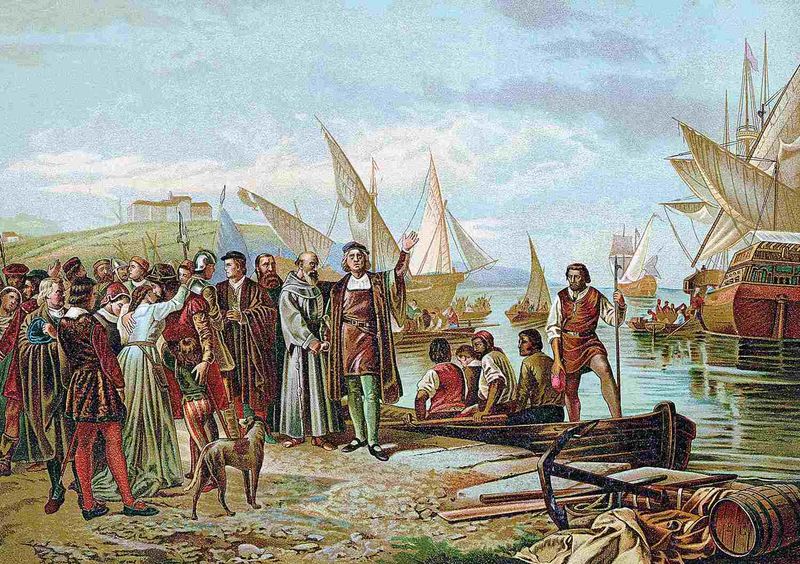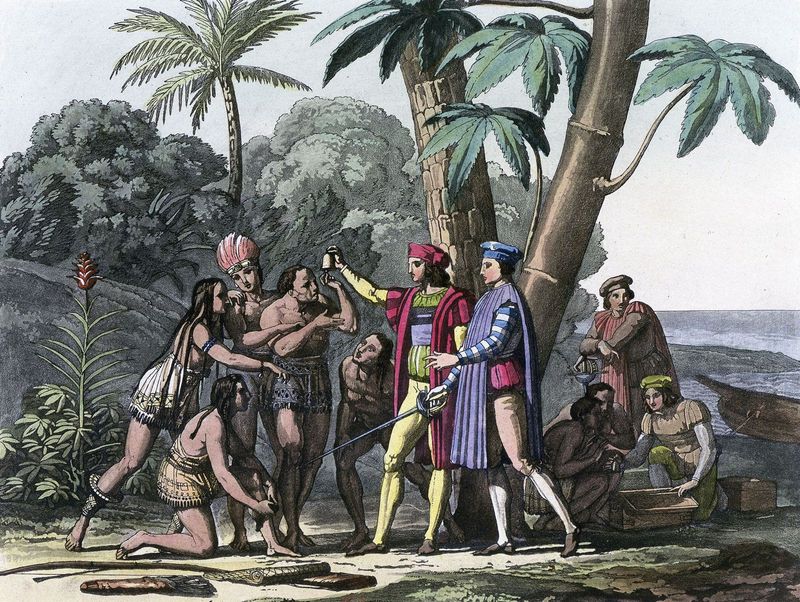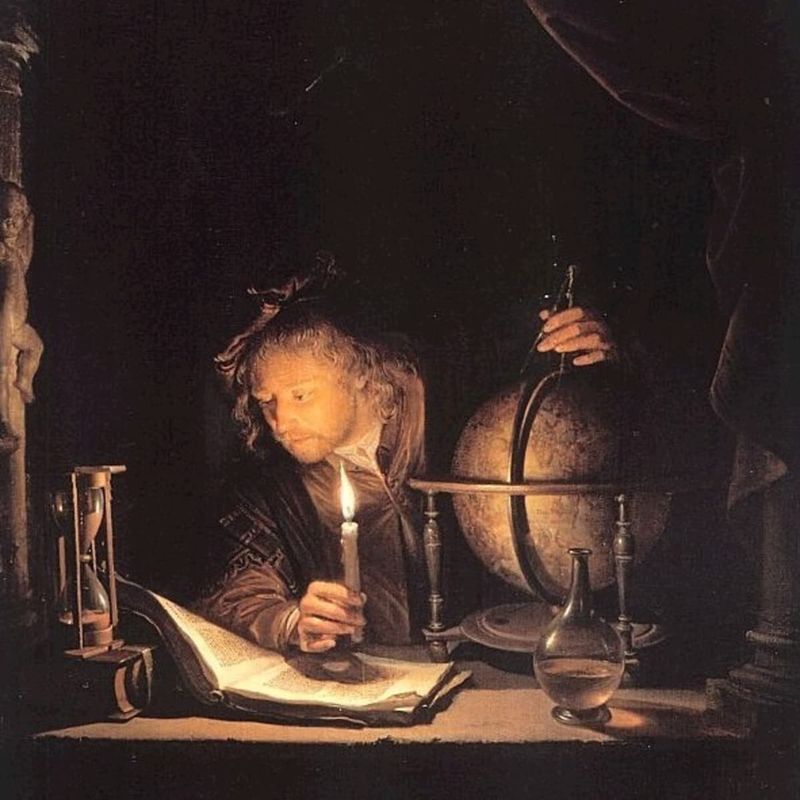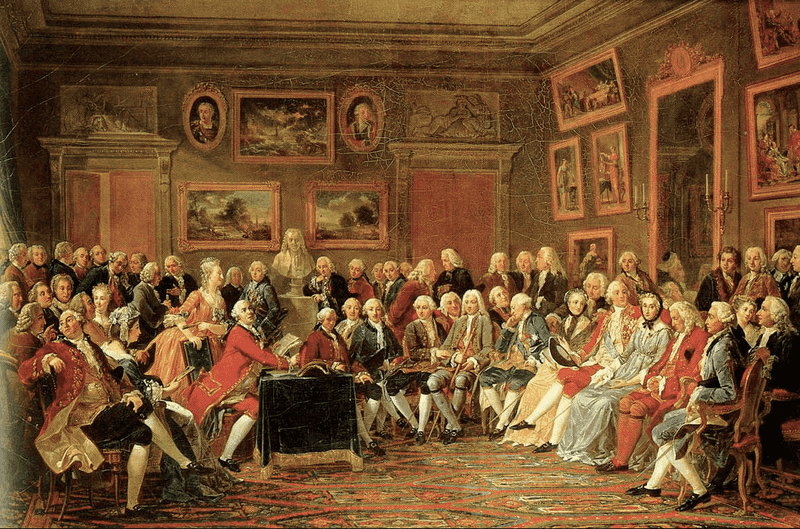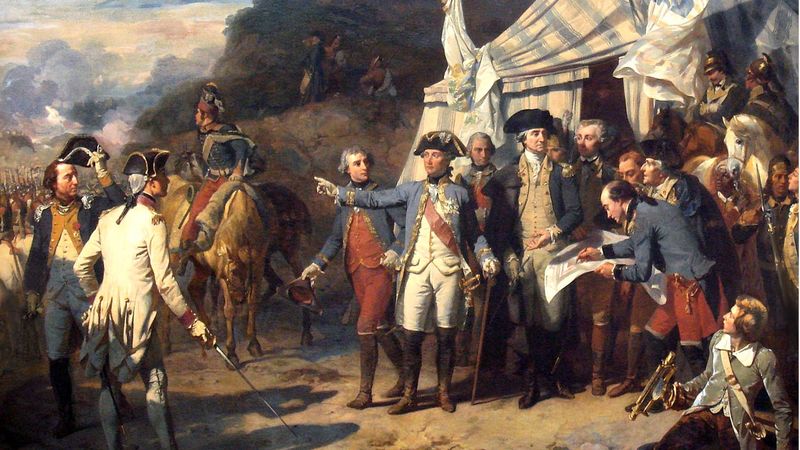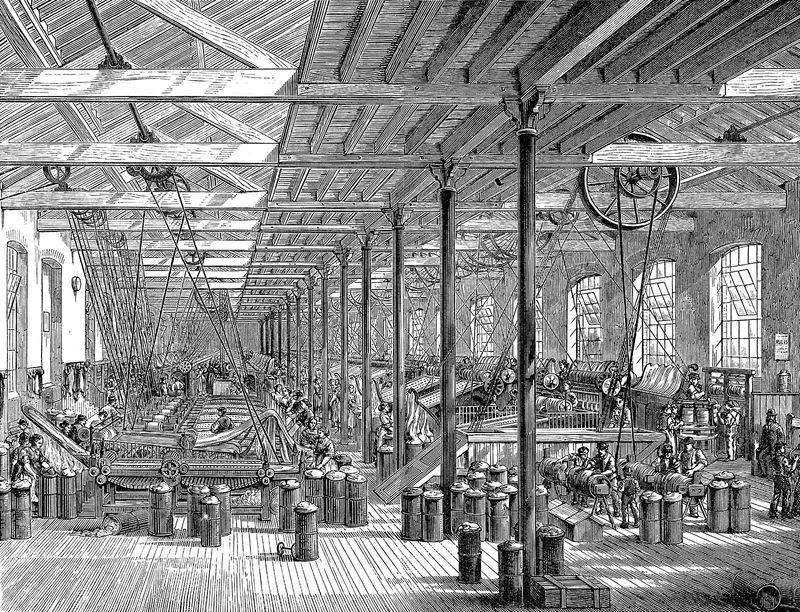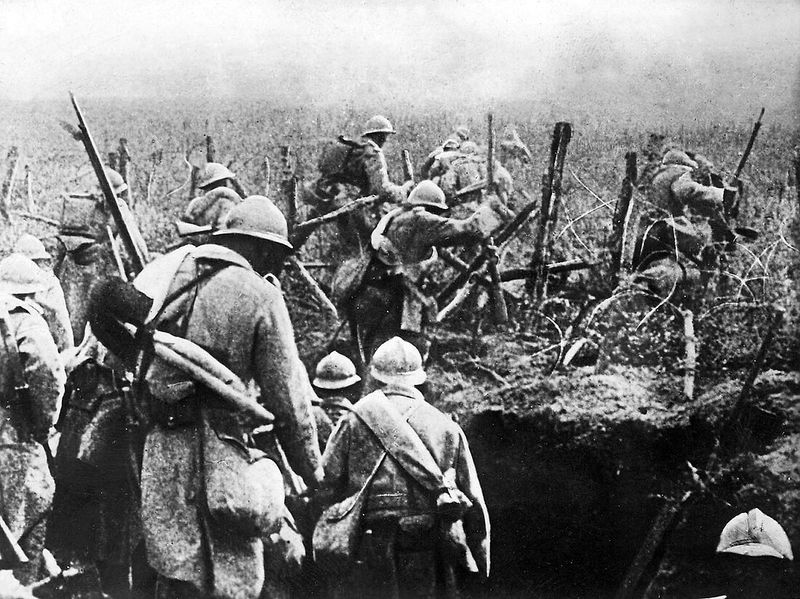Throughout history, certain moments have left an indelible mark on the world, reshaping societies, cultures, and nations. This blog post explores fifteen pivotal events that have profoundly influenced the trajectory of human civilization.
Each event, from the dawn of agriculture to the advent of digital technology, has played a crucial role in molding the modern world.
Join us as we explore these transformative periods, each illustrated with unique imagery and engaging narratives, to understand their lasting impact on our global heritage.
1. The Neolithic Revolution (c. 10,000–8,000 BCE)
The Neolithic Revolution marked humanity’s transition from nomadic hunter-gatherers to agricultural settlers. This shift led to the establishment of permanent communities, allowing populations to grow and civilizations to rise.
As people began farming and domesticating animals, it fostered advancements in tools and technology, driving economic and social changes. Settlements became more complex, leading to the development of social hierarchies and trade networks.
This era laid the foundation for modern society, changing the way humans interacted with the environment and each other.
2. Founding of the World’s First Cities (c. 4,000–3,000 BCE)
The emergence of the world’s first cities in regions like Mesopotamia and the Indus Valley marked a significant leap in human society. These urban centers became hubs of trade, culture, and administration.
Cities enabled the specialization of labor, leading to innovations in technology and art. They provided fertile grounds for ideas and cultural practices to flourish.
As cities grew, they facilitated the complex social structures and institutions that underpinned early civilizations, laying the groundwork for future urban development and societal organization.
3. Invention of Writing (c. 3,400–3,100 BCE)
The invention of writing, with systems like cuneiform in Mesopotamia and hieroglyphics in Egypt, revolutionized communication. It enabled the recording of history, laws, and administrative details.
Writing facilitated cultural transmission, allowing knowledge to be preserved and shared across generations. This development was crucial for the advancement of complex societies, enhancing governance, culture, and commerce.
By providing a medium for recording human thought, writing has been instrumental in shaping the intellectual and cultural evolution of civilizations.
4. The Spread of Major World Religions (1st–7th Centuries CE)
Between the 1st and 7th centuries, major world religions like Christianity, Buddhism, and Islam expanded across continents. This spread influenced cultural values, societal norms, and political systems.
Religions provided ethical frameworks and community identities, often serving as unifying forces in diverse societies.
The exchange of religious ideas fostered dialogue and cultural integration, significantly impacting the social and political landscapes of regions.
The spread of these religions has left lasting legacies on global culture and continues to shape contemporary worldviews.
5. Fall of the Western Roman Empire (476 CE)
The fall of the Western Roman Empire in 476 CE marked the end of ancient Rome’s dominance in Europe. It paved the way for the medieval era and the development of the feudal system.
This event reshaped power dynamics, leading to the rise of regional kingdoms and influencing the structure of European society for centuries.
The decline of centralized Roman power also sparked cultural and intellectual shifts, ultimately contributing to the Renaissance and the renewal of learning and arts. Its legacy is visible in modern Western institutions.
6. The Islamic Golden Age (8th–14th Centuries)
The Islamic Golden Age was a period of remarkable intellectual and cultural achievements under various Islamic caliphates. Scholars made advancements in fields like science, philosophy, and medicine.
This era saw the translation of ancient texts and the development of new knowledge, influencing Renaissance Europe. The contributions of figures like Al-Khwarizmi and Avicenna played a key role in shaping global intellectual history.
The Islamic Golden Age exemplifies the rich exchange of ideas and the enduring impact of scholarly pursuits on human development.
7. The Gutenberg Printing Press (Mid-15th Century)
The invention of the Gutenberg printing press in the mid-15th century democratized the spread of knowledge. By making books more accessible, it facilitated the Reformation and scientific advancements.
The printing press significantly contributed to the rise of literacy and education, enabling ideas to circulate widely.
This technological breakthrough transformed communication, allowing for the rapid dissemination of information and fostering a culture of inquiry and innovation. Its impact is evident in the intellectual and cultural evolution of societies worldwide.
8. European Age of Exploration (15th–17th Centuries)
The European Age of Exploration, spanning the 15th to 17th centuries, led to the establishment of global trade routes and cultural exchanges. Explorers from Spain, Portugal, and England expanded their empires overseas.
This era reshaped the world by facilitating the exchange of ideas, goods, and technologies. It also led to the colonization of new territories, impacting indigenous populations.
The exploration opened new pathways for cultural interaction and economic growth, leaving a profound legacy on global history and shaping modern international relations.
9. The Columbian Exchange (Late 15th–16th Centuries)
The Columbian Exchange was a vast interchange of crops, animals, and ideas between the Old World and the New. This exchange reshaped economies, diets, and populations across continents.
New food sources like potatoes and maize transformed agriculture and cuisine worldwide. However, it also led to the spread of diseases that devastated indigenous populations in the Americas.
The Columbian Exchange was pivotal in creating interconnected global societies and economies, influencing the demographic and cultural landscapes of multiple continents.
10. The Scientific Revolution (16th–18th Centuries)
The Scientific Revolution, from the 16th to 18th centuries, was a period of profound scientific advancement. Figures such as Copernicus, Galileo, and Newton challenged traditional doctrines with observation and experimentation.
This revolution laid the groundwork for modern science, promoting critical thinking and empirical evidence. The ideas developed during this time transformed views on the natural world and humanity’s place within it.
The Scientific Revolution has been fundamental in advancing technology and scientific knowledge, influencing countless aspects of contemporary life.
11. The Enlightenment (17th–18th Centuries)
The Enlightenment was an intellectual movement championing reason, individual rights, and secular governance. Philosophers like Voltaire, Rousseau, and Locke laid the groundwork for modern democracies.
Their ideas emphasized the importance of reason and human rights, challenging traditional authority and inspiring political reforms. The Enlightenment’s influence extended to arts, sciences, and education, promoting a culture of inquiry and progress.
This period significantly shaped contemporary political and cultural landscapes, advocating for freedoms and the value of knowledge.
12. American and French Revolutions (Late 18th Century)
The American and French Revolutions in the late 18th century were pivotal in establishing democratic principles. They challenged monarchies and set precedents for constitutional governance.
These revolutions emphasized citizens’ rights and the idea of government by the people. The political ideas that emerged influenced numerous other countries, sparking movements for independence and democracy.
The legacy of these revolutions is evident in modern democratic institutions and the continuing global pursuit of liberty and equality.
13. Industrial Revolution (18th–19th Centuries)
The Industrial Revolution, spanning the 18th to 19th centuries, transformed economies through advancements in machinery and manufacturing. This era marked a shift from agrarian societies to industrial powerhouses.
Urbanization increased as people moved to cities for work, leading to social and economic changes. The revolution also paved the way for modern capitalism, altering global economic structures.
Its technological innovations and industrial growth had lasting impacts, shaping the modern world’s economic and social landscapes.
14. World Wars I and II (1914–1918; 1939–1945)
World Wars I and II were devastating conflicts that reshaped national borders and geopolitical power structures. These wars catalyzed technological advances and redefined global alliances.
The aftermath led to significant political changes, including the rise of the United Nations and the Cold War era. Both wars highlighted the need for international cooperation to ensure peace.
The impact of these conflicts is still felt today, influencing international relations and the collective memory of nations.
15. Emergence of the Digital Age (Late 20th Century–Present)
The emergence of the digital age, from the late 20th century to the present, revolutionized access to information. The internet and digital communication transformed commerce and connectivity.
Personal computing brought unprecedented changes to daily life, fostering global collaboration and innovation. As technology continues to evolve, the digital age shapes social interactions and economic growth.
It has profoundly altered how people engage with the world, offering new opportunities and challenges in a rapidly changing global landscape.
